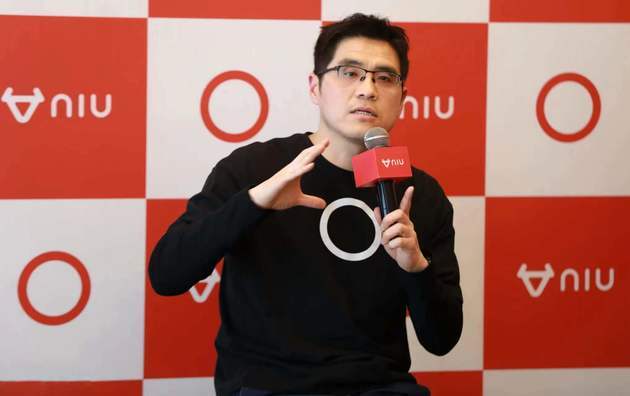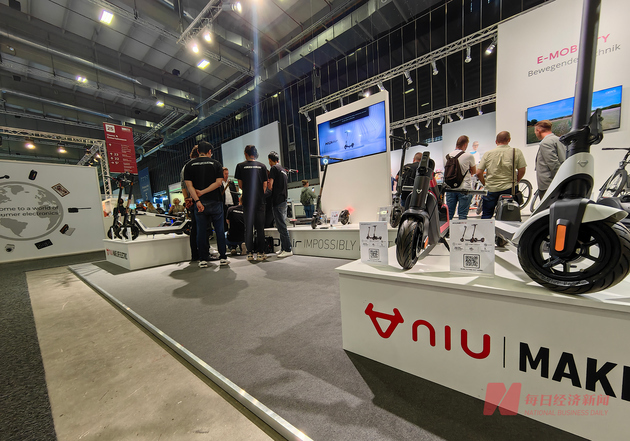"We have no plans for four-wheeled electric vehicles and will continue to focus on short-range transportation, " said Li Yan, CEO of Chinese scooter company NIU Technologies (NASDAQ: NIU) to NBD in an interview.

Photo/Provided by NIU Technologies
Recently, the company released three new models, including electric motorcycles, electric bicycles, and off-road electric motorcycles. Among them, the top-tier electric motorcycle, the NX, is priced at 30,000 yuan (approximately $4,700), while the domestically targeted electric bicycle, the NXT, is within the 10,000 yuan range. Li Yan emphasized their commitment to the high-end two-wheeler market, despite potential short-term impacts on sales. The company remains confident in the long-term development of high-end electric bikes.
However, the company faced challenges in 2023. Initially, they projected sales of 1 to 1.2 million units for the year, but the actual cumulative sales were only 709,800 units, reflecting a 14.65% decline. Of these, approximately 601,000 units were sold in the Chinese market, down by 15.42%, while the international market contributed 108,800 units, experiencing a 10.12% decrease.

Photo/Peng Fei (NBD)
The decline in sales can be attributed to rising battery costs, which constitute around 40% of the total cost for a two-wheeled electric vehicle. Despite this setback, other Chinese electric scooter manufacturers like Yadea, Aima, and Tailg, which primarily target the mid-to-low-end market, achieved impressive results in 2023. Yadea sold 14 million new vehicles, Aima sold 11 million new vehicles, and Tailg sold 8 million new vehicles.
In the third quarter of 2023, the company faced significant losses due to reduced sales. Their revenue dropped by 19.6%, resulting in a net loss of 79.4 million yuan. The slowdown in product sales was observed in both first-tier Chinese cities and international markets.
Additionally, in the broader European market, the company faces operational pressures from its distributor network. CEO Li Yan explained that over the past two years, the company’s large-scale distributors in Europe have grappled with financial crises, resulting in sluggish sales channels in countries like Germany, France, and Italy. Some distributors even found themselves without inventory to sell, hindering NIU Technologies’s sales growth in the European region.
To mitigate risks associated with overseas sales, NIU Technologies is revamping its distribution model. Previously, their approach in foreign markets was akin to a “hands-off shopkeeper”. However, starting in 2024, they plan to adopt a hybrid marketing strategy. While continuing to rely on distributors for sales, they will also establish their own overseas subsidiary company. This approach aims to share operational risks while maintaining control over sales channels.
On the domestic front, NIU Technologies has seen a reduction in the number of dealership stores. Although the numerical count of physical stores has decreased, more than 30% of consumer transactions now occur through online orders with offline self-pickup. This shift has effectively expanded the coverage and efficiency of existing physical stores.
Despite these changes, NIU Technologies has ambitious plans for its domestic channel layout. In 2024, they intend to add 1,000 to 2,000 new offline stores, aiming to further incentivize dealers and drive sales growth.


 川公网安备 51019002001991号
川公网安备 51019002001991号





